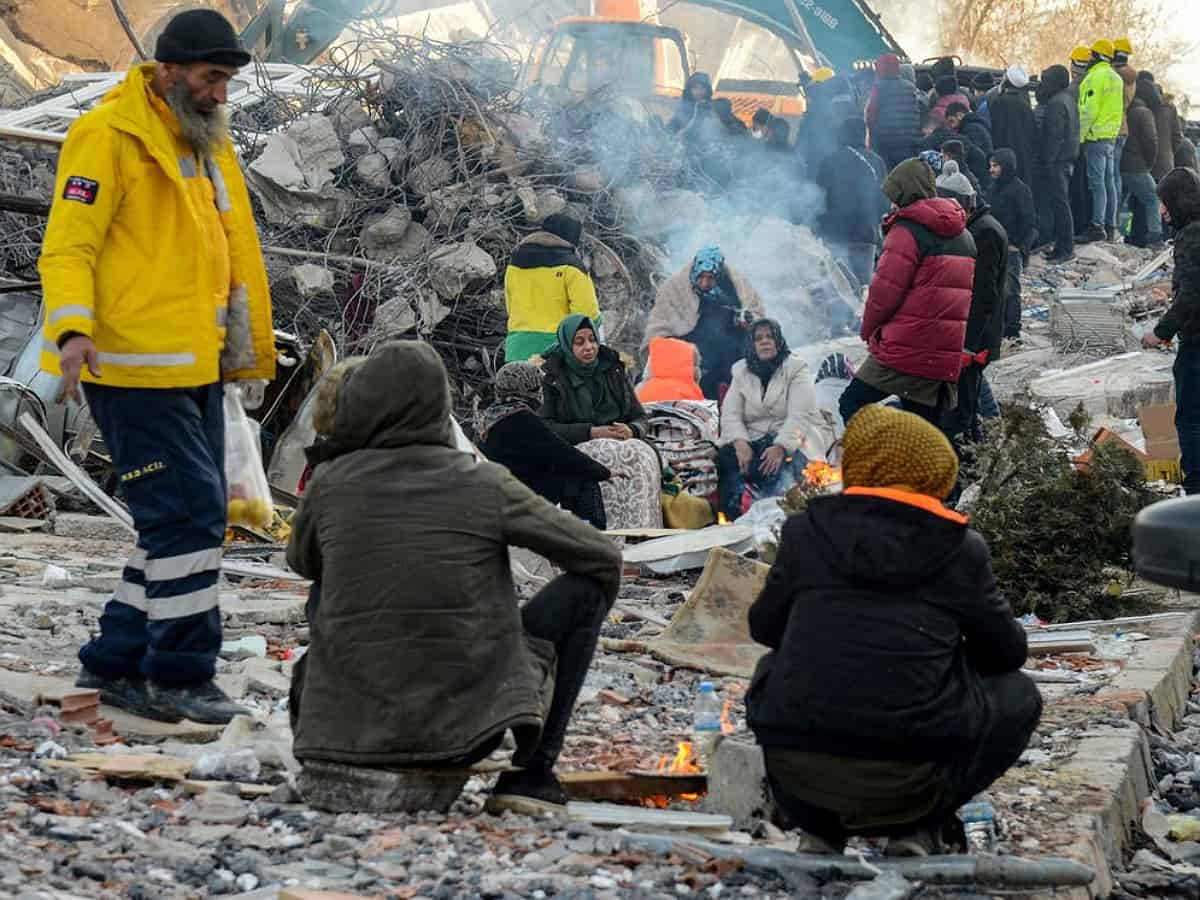
Geneva: The Unicef has called for continued support for the millions of children affected by the devastating Turkey-Syria earthquakes in February that killed 59,259 people in the two neighbouring nations.
Since the 7.9 and 7.7-magnitude earthquakes struck on February 6, 2.5 million children in Turkey and 3.7 million in Syria remain in need of humanitarian assistance, Xinhua news agency quoted the Unicef as saying in a report.
The two initial massive earthquakes, followed by thousands of aftershocks, have pushed many families to the brink and left children homeless and without access to essential services, including safe water, education and medical care, and increased protection risks for vulnerable children, it said.
“In the aftermath of the earthquakes, children in both countries have experienced unimaginable loss and grief,” said Unicef Executive Director Catherine Russell in the report.
“The earthquakes struck areas where many families were already incredibly vulnerable. Children have lost family and loved ones, and seen their homes, schools and communities devastated and their entire lives turned upside down.”
At present, vulnerable children in hard-hit areas are exposed to threats, including violence, forced marriage or labour, and school dropout.
The education of nearly 4 million school-enrolled children was disrupted, including more than 350,000 refugee and migrant children, according to the UN body.
In Syria, children were already struggling after 12 years of sustained conflict, which has had an impact on all infrastructure and public services. The massive earthquakes only exacerbated this.
An estimated 51,000 children under the age of 5 are likely to suffer from moderate and severe acute malnutrition and 76,000 pregnant and breastfeeding women need treatment for acute malnutrition.
Some 1.9 million children have had their education disrupted, with many schools still being used as shelters. Throughout the last 100 days, many of them are still living in incredibly difficult situations, with stress heightened by the additional uncertainty of not knowing when they need to move from one shelter to another, said the Unicef.
“The road to recovery is a long one, and families will require our continued support,” said Russell.
“The long-term impacts of the disaster, including soaring food and energy prices combined with the loss of livelihoods and access to services will push hundreds of thousands of children deeper into poverty. Unless financial assistance and essential services are prioritized for these children and families as part of the immediate and long-term recovery plan, then children will remain at greater risk of exploitation and abuse.”
Unicef called on the international community to prioritise a child-focused early recovery and ensure that children’s needs are met within funding allocations.
To meet the life-saving needs of earthquake-affected children in Syria, the Fund is appealing for $172.7 million to implement its immediate response plan for the earthquakes.
To date, $78.1 million has been received, with nutrition, health and education remaining significantly underfunded.
In Turkey, Unicef said it has a shortfall of more than $85 million out of a $196-million appeal to provide required services to the children in need.
